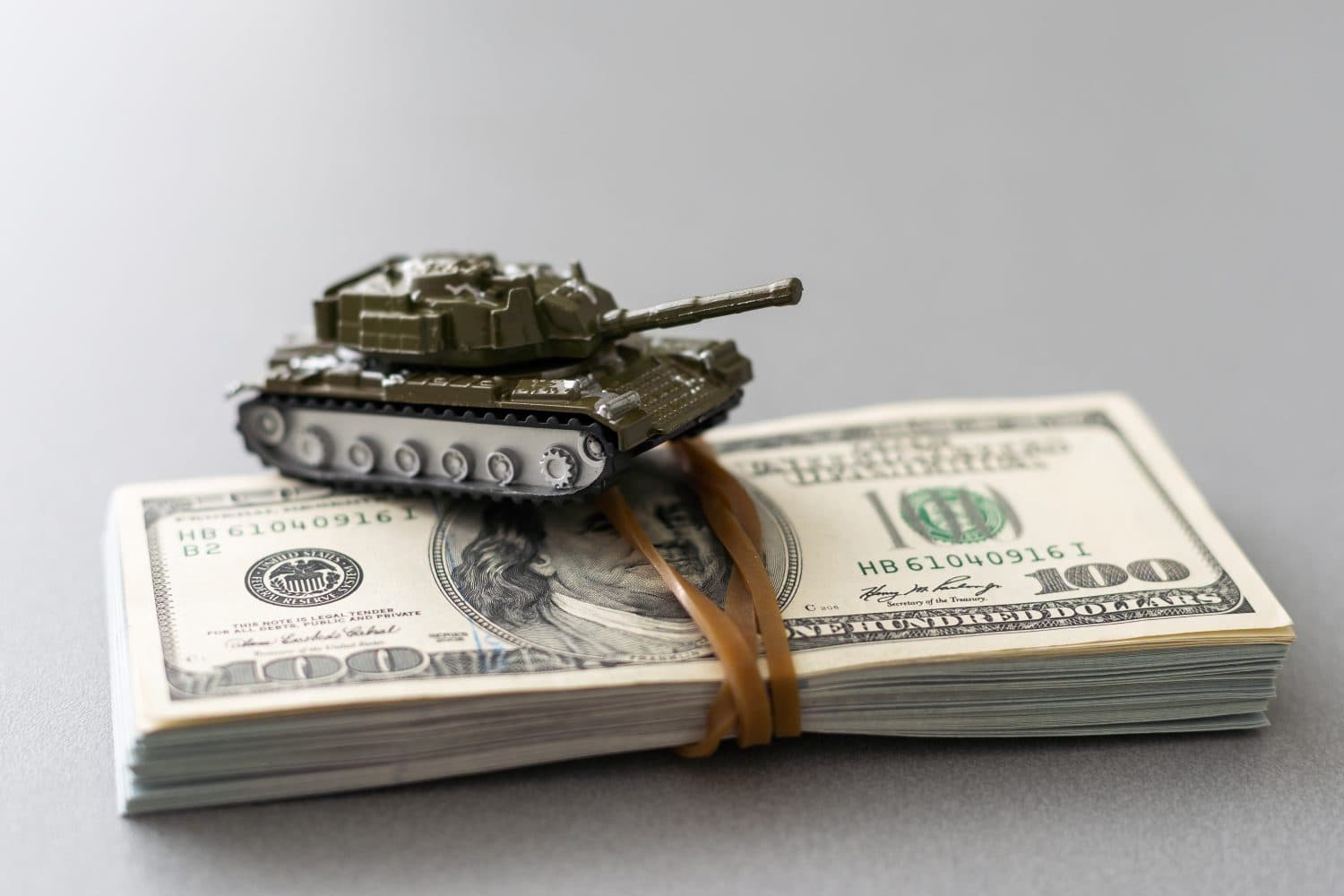
Arms are one of the most lucrative commodities in the world. The defense industry is a market sector dominated by the United States and a few other major powers. We’ve got the lowdown on which companies sell the most weapons and what they specialize in. It’s information that can inform your investment choices, one way or the other. Our figures are from the Stockholm International Peace Research Institute and represent specifically the portion of each company’s revenue that came from arms sales, not total company revenue.
24/7 Wall St. Insights
- Countries choose a vendor for arms based on factors like cost, performance, foreign policy considerations, and domestic politics.
- Most of the world’s leading arms manufacturers are located in the United States.
- The UK, China, Russia, Italy, and Europe combined round out the top arms sellers.
- Also: 2 Dividend Legends To Hold Forever
How Do Countries Choose An Arms Supplier?
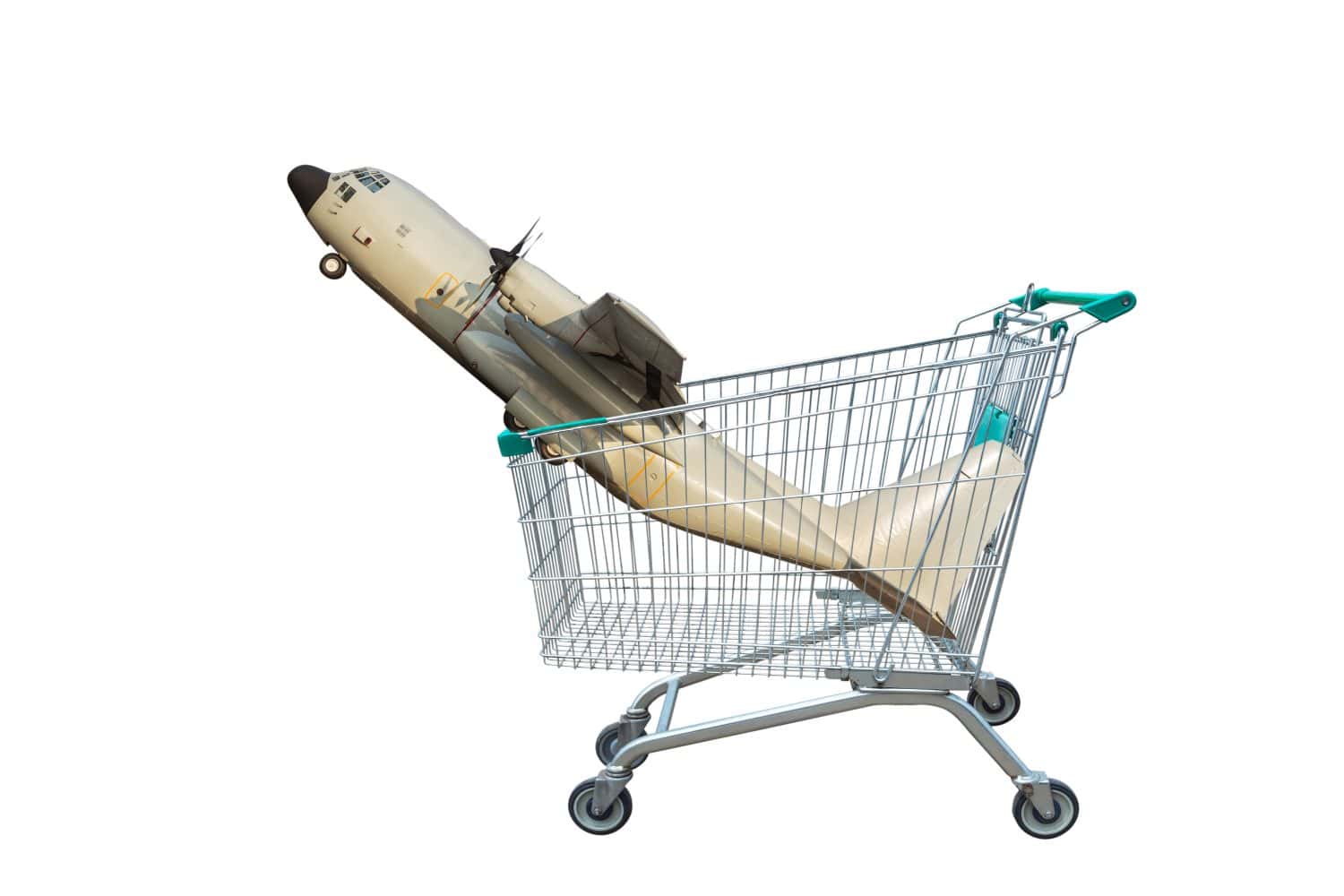
Countries have a lot of choices about where to purchase arms for defense. How do they decide?
- Cost is obviously a significant factor. They must consider not only the initial purchase price but the longevity of the product and how much it will take to maintain over the years. Countries might seek to buy older technology or used equipment to stretch their defense budgets further.
- Performance is another crucial consideration. A country would consider not only how weapons have performed in test situations, but also in actual combat in conflicts around the world.
- Foreign relations are important, because a country does not want its defense data leaked to its enemies or to be dependent on an unfriendly country for ongoing supplies of weapons, ammunition, and spare parts. Also, they have to consider whether buying from one country would upset other major countries and make them less secure.
- Politics is always a factor. Leaders think about the impact of their choices on constituents at home. How will an arms purchase affect domestic production and jobs? How will it affect their own political career? Major donors, business leaders, and military commanders might have strong ideas about where the country’s defense dollars should or should not be spent. Sometimes it seems prudent to give them what they want.
What Strings Are Attached to Arms Sales?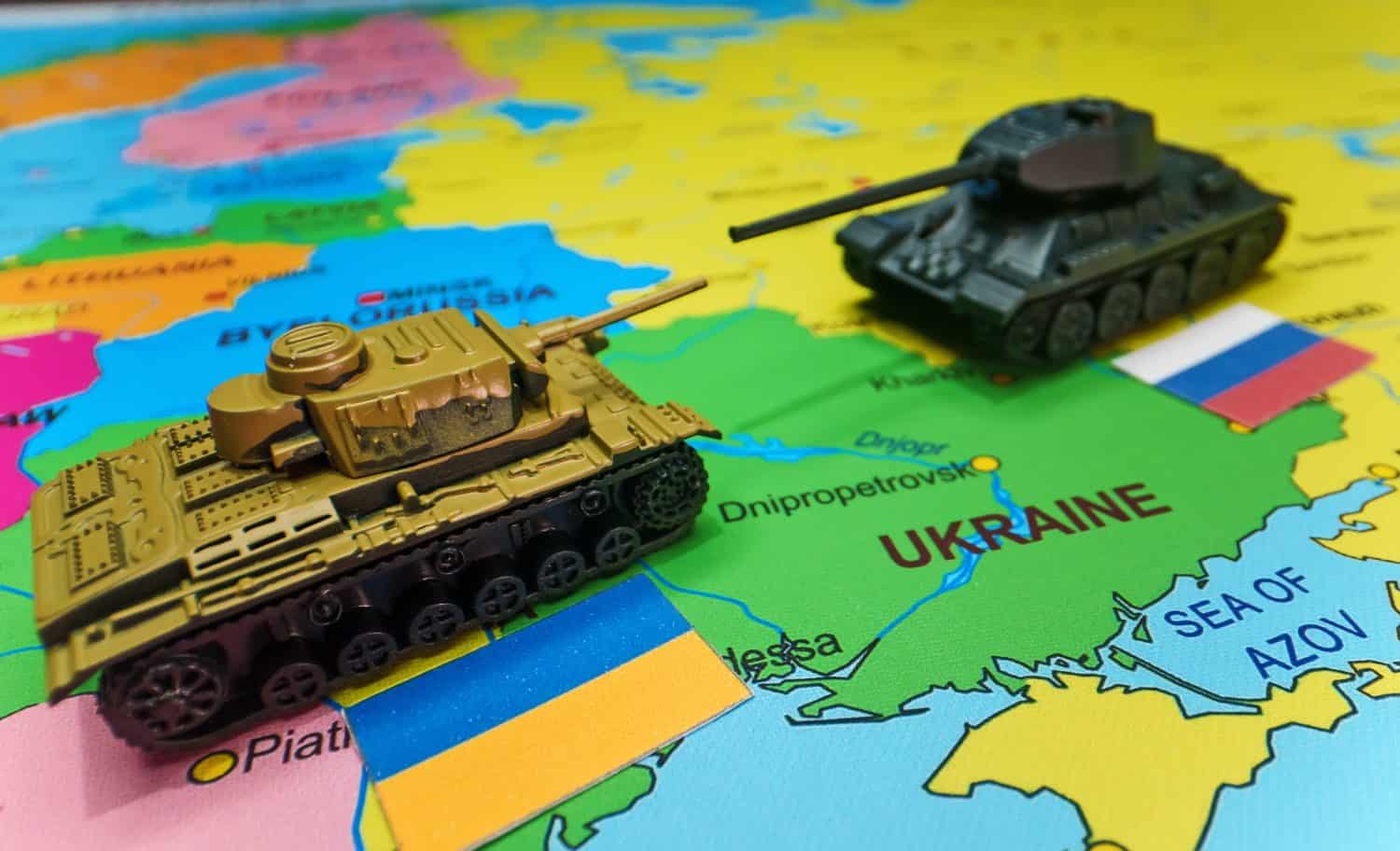

Sales of weaponry do not come without conditions. The United States and other countries have strict controls over the transfer of sophisticated technology. Whether other countries lease equipment or buy it outright, the deal might come with terms that prohibit it from being sold to a third party or used in certain ways.
For example, the U.S. and its partners have been selling and donating high tech tanks, fighter jets, and missile systems to Ukraine for its fight with Russia, but until recently did not allow Ukraine to use those weapons inside Russia itself, only against Russian forces in Ukraine. Vladimir Putin has warned that any country that allows its arms to be used inside Russia would be seen as a combatant and face retaliation. So far that threat has not materialized as country after country has authorized Ukraine to strike deep into Russia with its missiles and drones.
Next are some of the world’s most profitable arms suppliers.
14. Airbus (France, Germany, Spain)
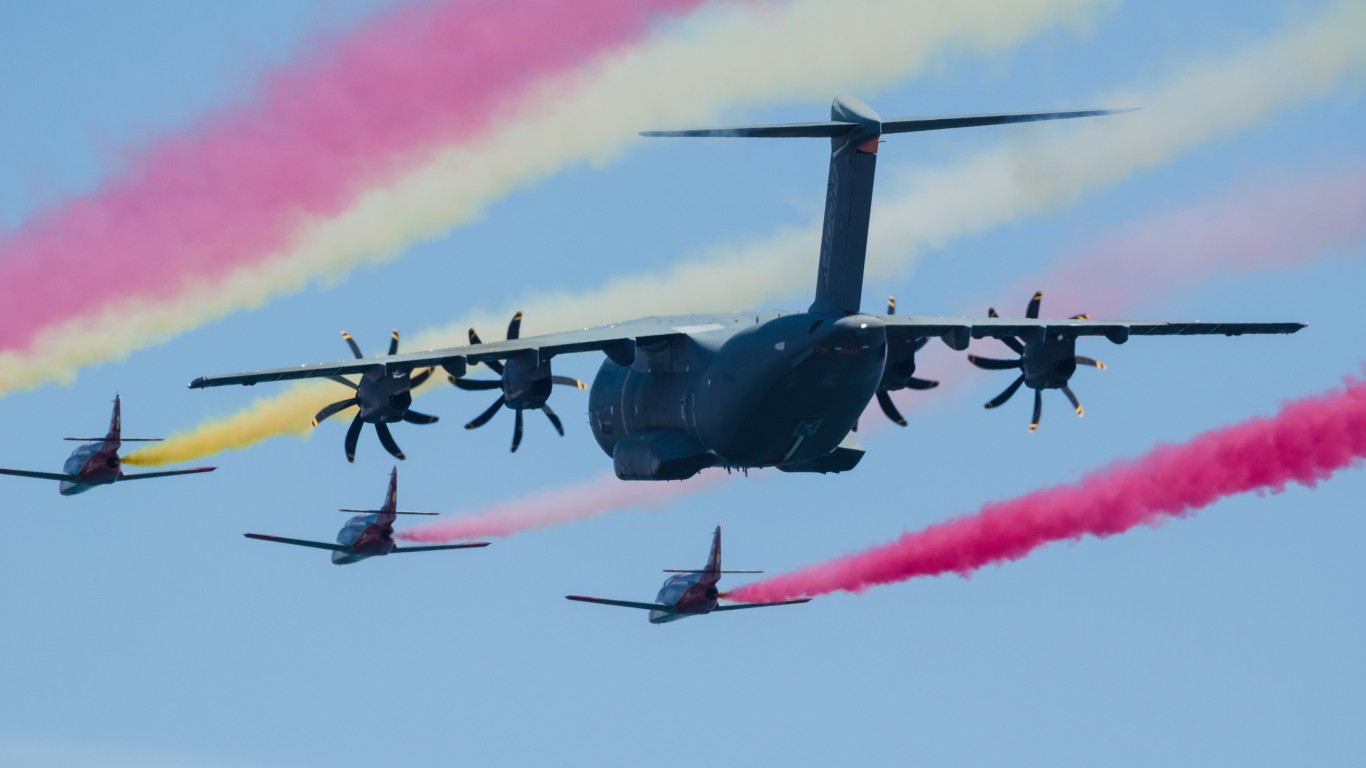
Arms Revenue: $12.1 billion
Products: Commercial and military aircraft, helicopters, spacecraft
Customers: United Arab Emirates, Saudi Arabia, Colombia
13. Leonardo (Italy)

Arms Revenue: $12.4 billion
Products: Aeronautics, helicopters, autocannons, naval artillery, missiles, unmanned vehicles.
Customers: Saudi Arabia, Egypt, Israel
12. L3Harris Technologies (United States)

Arms Revenue: $16.8 billion
Products: Software, command and control networks, electronic warfare, missile defense, unmanned vehicles, undersea warfare.
Customers: United States, Saudi Arabia, Brazil
11. CETC: China Electronics Technology Group Corporation (China)

Arms Revenue: $15.1 billion
Products: Radars, drones, electronic, telecommunications, software.
Customers: Russia, Philippines, Indonesia
10. Rostec (Russia)
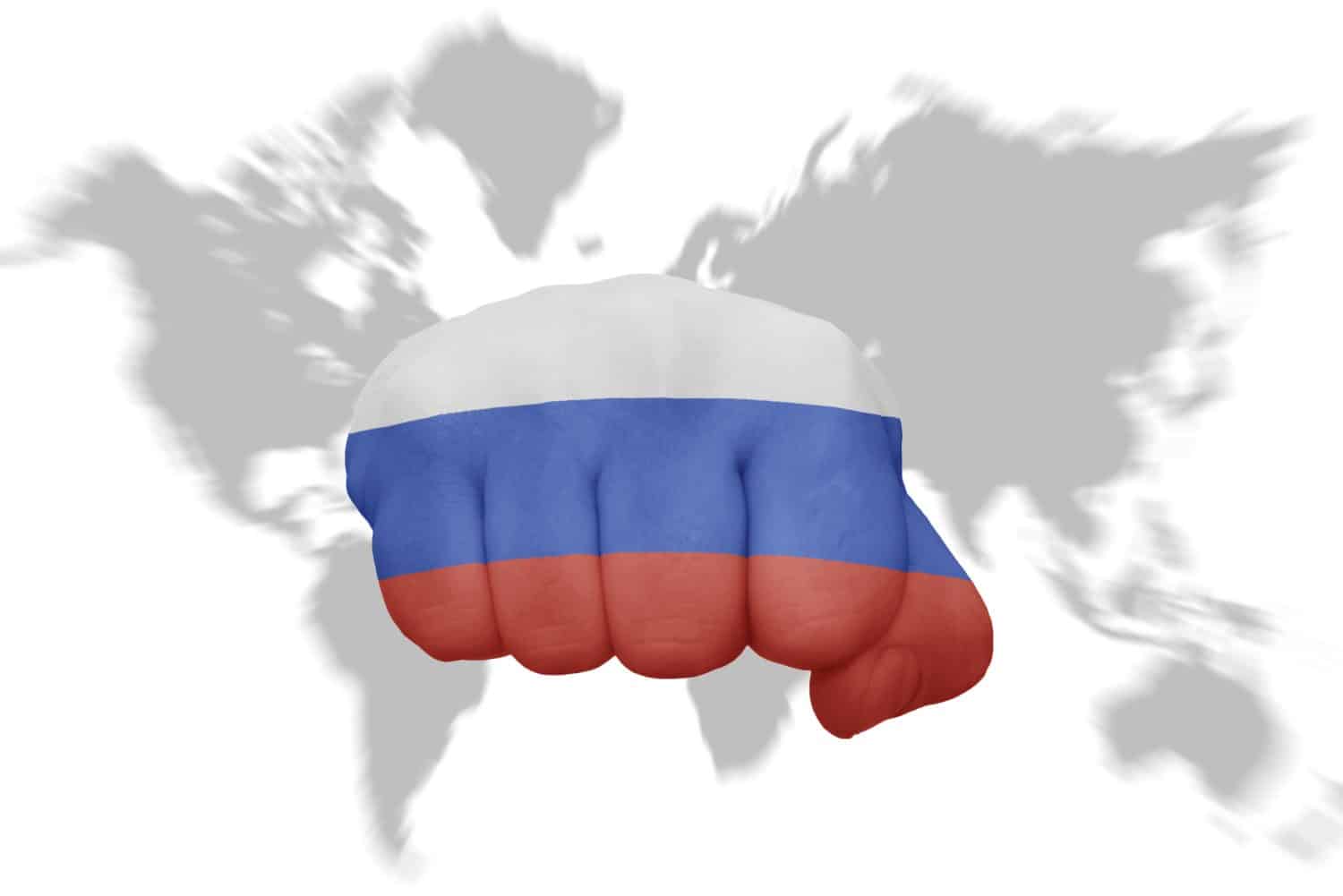
Arms Revenue: $16.8 billion
Products: aircraft, helicopters, engines, electronics, space technology, military vehicles.
Customers: Russia
9. CASC: Chinese Aerospace Science and Technology Corporation (China)

Arms Revenue: $19.6 billion
Products: Spacecraft, missiles, electronics
Customers: China, Iran
8. AVIC: Aviation Industry Corporation of China (China)
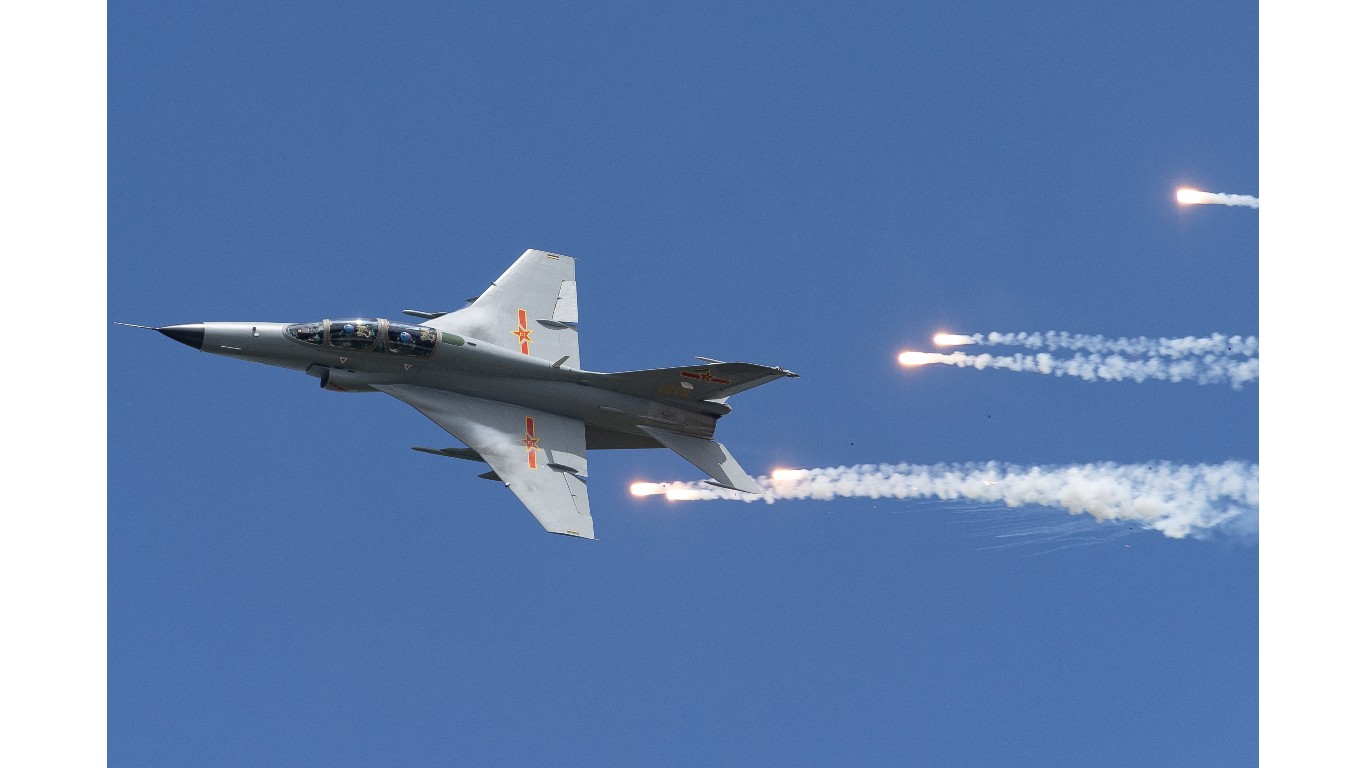
Arms Revenue: $20.6 billion
Products: Military vehicles, electronics, robots, ships
Customers: Pakistan, Zimbabwe, Democratic Republic of the Congo, Venezuela
7. NORINCO (China)
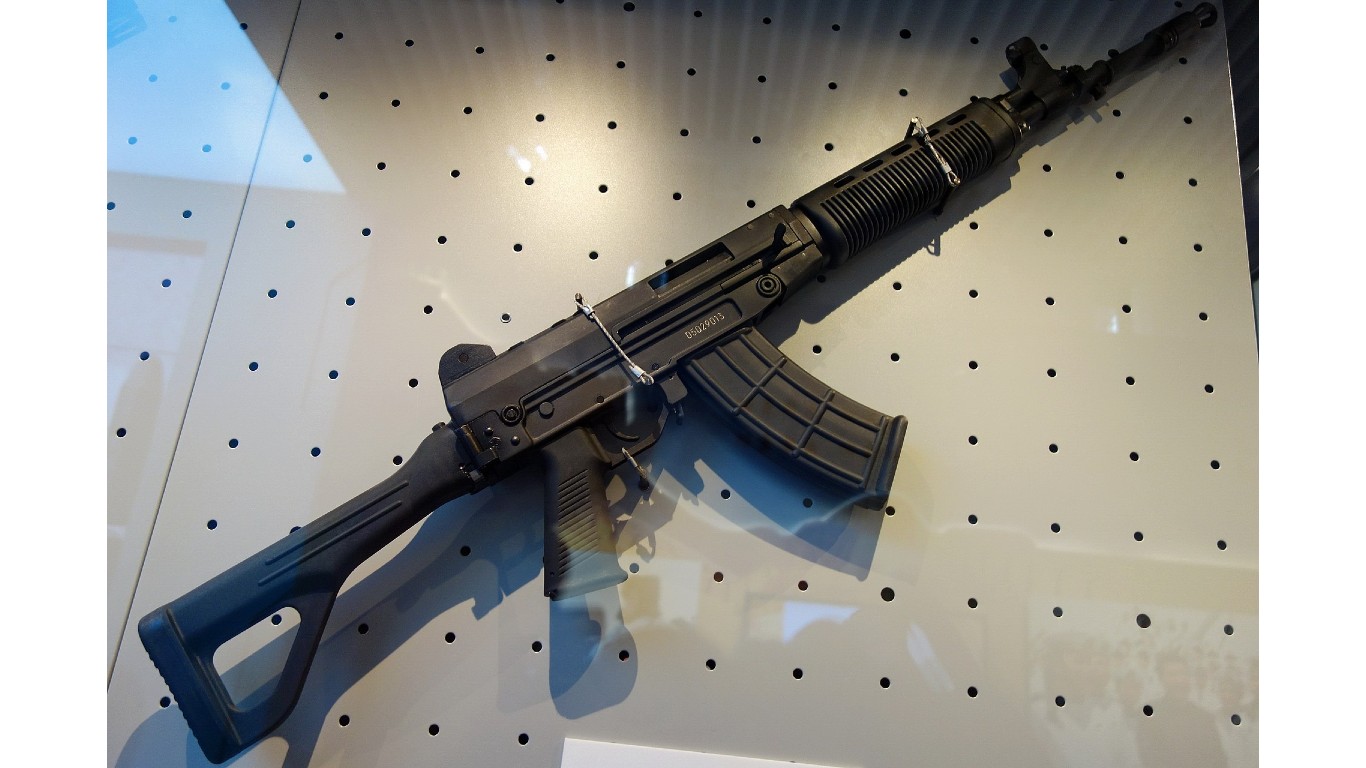
Arms Revenue: $22.1 billion
Products: Munitions, combat vehicles, aircraft, drones, radars, electronic-optical devices
Customers: Russia, Indonesia, the Philippines
6. BAE Systems (United Kingdom)

Arms Revenue: $26.9 billion
Products: Aircraft, missiles, drones, warships, submarines
Customers: Australia, India, United Kingdom, Saudi Arabia, United States
5. General Dynamics Corporation (United States)
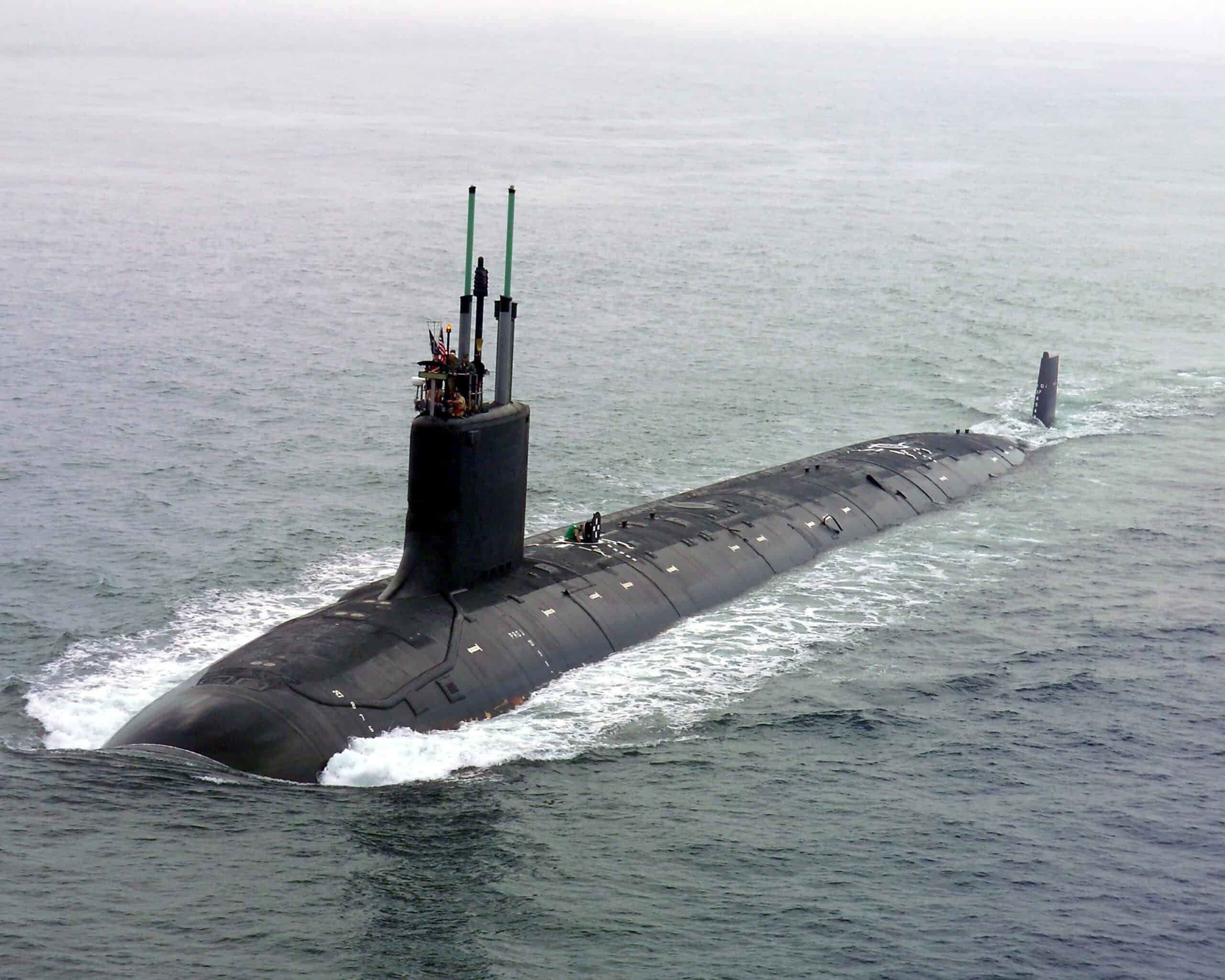
Arms Revenue: $28.3 billion
Products: Aircraft, ships, combat vehicles, nuclear-powered submarines, tanks, artificial intelligence, cybersecurity, software development.
Customers: Libya, United Arab Emirates, Saudi Arabia.
4. Boeing (United States)
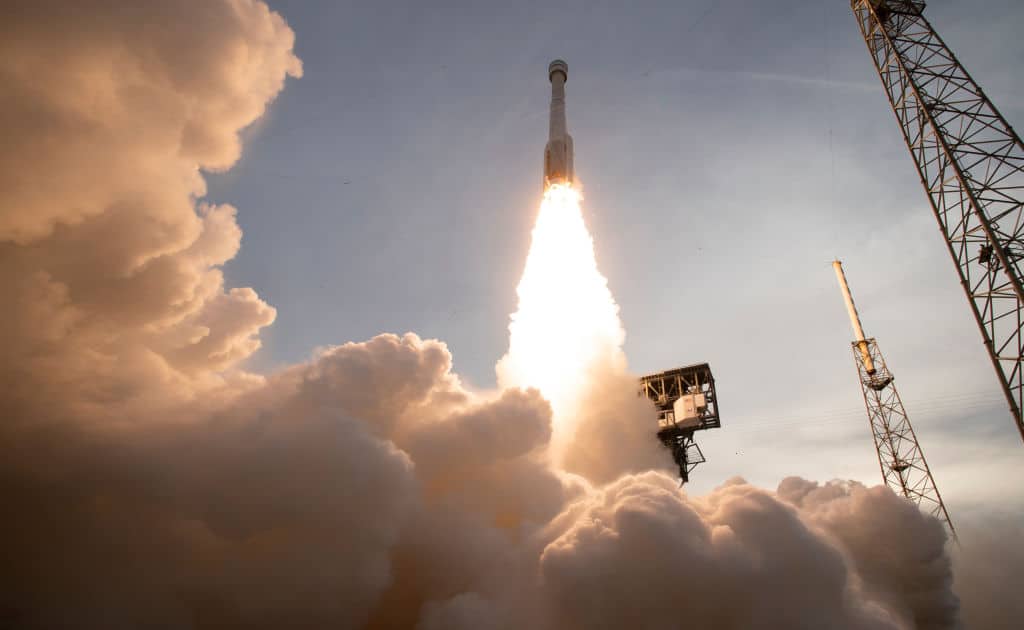
Arms Revenue: $29.3 billion
Products: Air and missile defense, aircraft, satellites, spacecraft, bombs and missiles.
Customers: United Arab Emirates, United States
3. Northrop Grumman Corporation (United States)
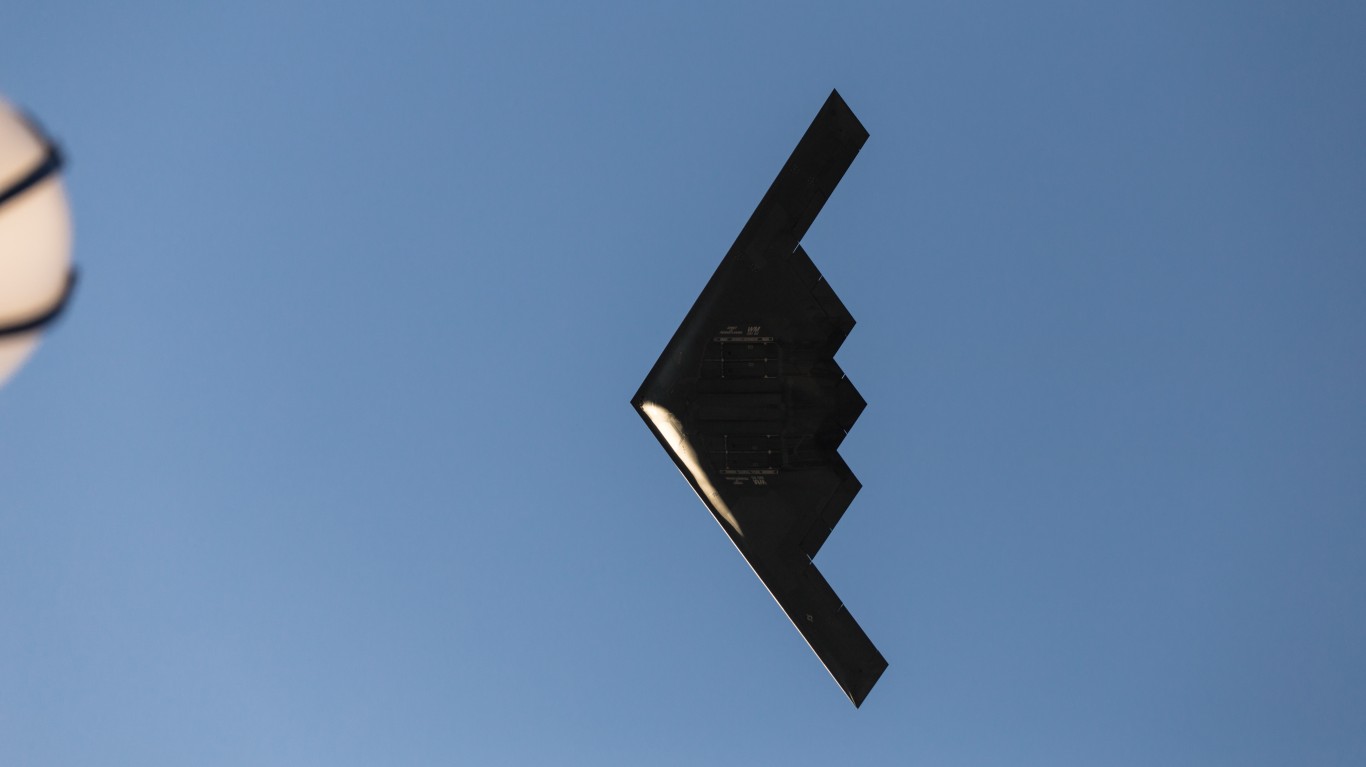
Arms Revenue: $32.3 billion
Products: Aircraft, drones, battle management systems, strategic missiles, space systems.
Customers: Saudi Arabia, China, United States
2. RTX Corporation (United States)
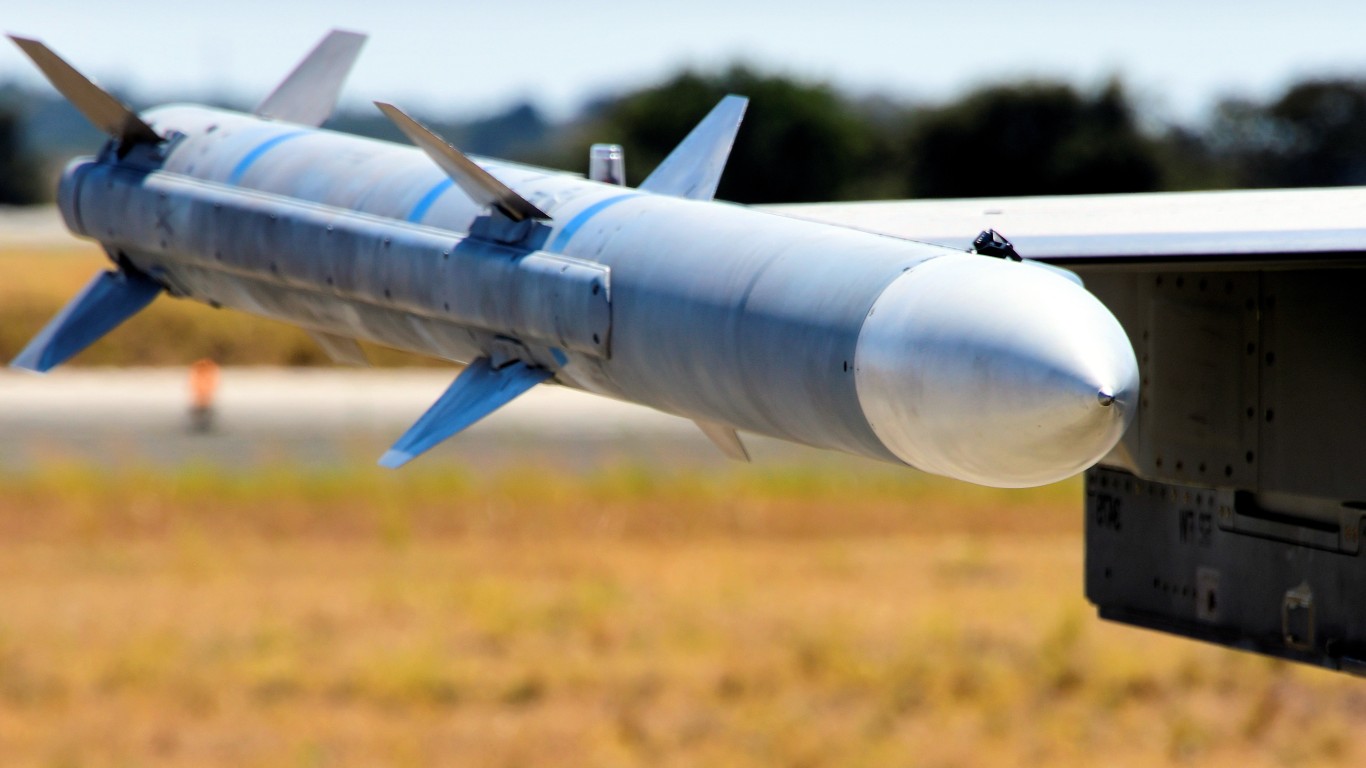
Arms Revenue: $59.4 billion
Products: Aircraft engines, avionics, cybersecurity, missiles, targeting systems, communications, satellites.
Customers: United States, Saudi Arabia, South Korea
1. Lockheed Martin (United States)
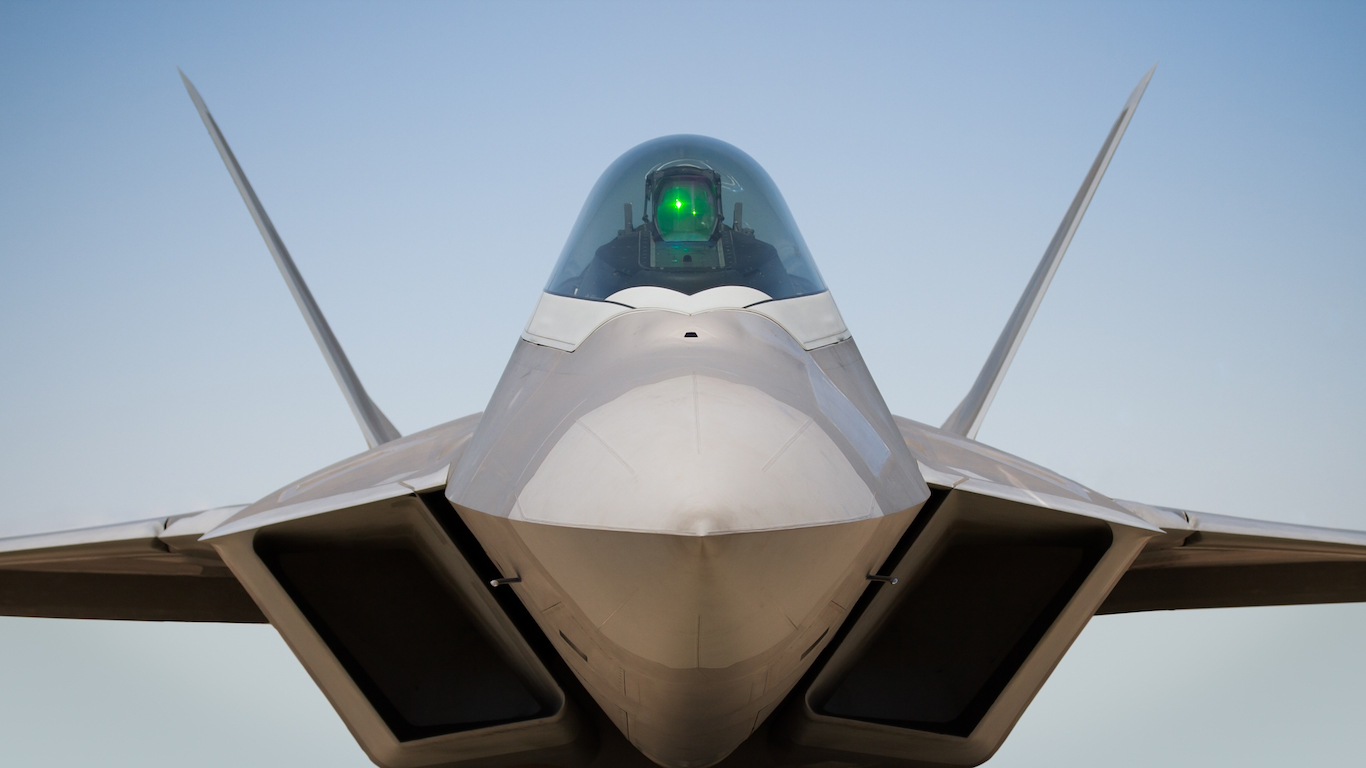
Arms Revenue: $39.6 billion
Products: Missiles, aircraft, cybersecurity, satellites, rockets, fire control systems
Customers: United States, Qatar, United Arab Emirates
Take Charge of Your Retirement In Just A Few Minutes (Sponsor)
Retirement planning doesn’t have to feel overwhelming. The key is finding expert guidance—and SmartAsset’s simple quiz makes it easier than ever for you to connect with a vetted financial advisor.
Here’s how it works:
- Answer a Few Simple Questions. Tell us a bit about your goals and preferences—it only takes a few minutes!
- Get Matched with Vetted Advisors Our smart tool matches you with up to three pre-screened, vetted advisors who serve your area and are held to a fiduciary standard to act in your best interests. Click here to begin
- Choose Your Fit Review their profiles, schedule an introductory call (or meet in person), and select the advisor who feel is right for you.
Why wait? Start building the retirement you’ve always dreamed of. Click here to get started today!
Thank you for reading! Have some feedback for us?
Contact the 24/7 Wall St. editorial team.
